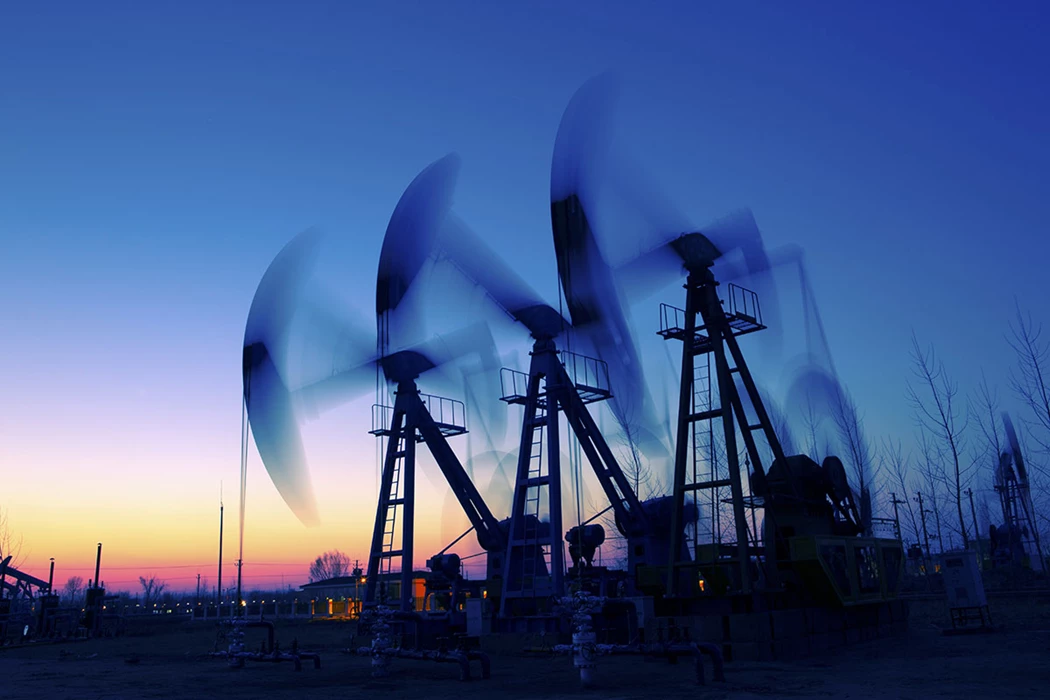Saudi Arabia Eases Subsidy Cuts With Gasoline Price Ceiling
(Bloomberg) --
Saudi Arabia’s government set an upper limit for domestic gasoline prices and said the state would bear any extra costs, softening an energy subsidy cut program that’s drawn complaints from citizens.
The ceiling for local gasoline prices will be set at June’s levels, or 2.18 riyals (58 cents) per liter of 91 octane, as of Saturday, according to a statement carried by the official Saudi Press Agency. The decision was made to “decrease the burden of living costs on citizens and residents” and “support local economic activity,” a state committee for amending energy prices said in the statement.
The change will blunt the impact of subsidy reforms introduced by Crown Prince Mohammed bin Salman and is a nod to complaints from Saudis about the rising cost of living under his economic diversification program. Inflation in the world’s largest oil exporter stood at 5.7% in May -- the latest figure available -- driven by higher food and vehicle prices as well as a move to triple the value-added tax last year.
Saudi officials have closely monitored discontent as Prince Mohammed’s plan was rolled out over the past five years, and have occasionally reversed or eased changes that drew vocal grumbling as the kingdom’s social contract is reshaped.
READ MORE: Retirement for 45-Year-Olds May Vanish in Saudi Pension Reform
Rising gasoline and electricity prices have drawn particular ire since 2015, when the subsidy reform was introduced to promote more efficient consumption and help plug a budget deficit brought on by plunging oil prices. Today, some Saudis believe that increasing oil prices should actually lead to lower costs at the gas pump because of the boost they provide to government finances.
Last week, crude prices jumped briefly to the highest in more than six years in New York after a bitter fight between Saudi Arabia and the United Arab Emirates plunged OPEC+ into a crisis and blocked a supply increase. Crude’s surge, combined with a rally in other commodities, has central banks fretting about inflation again.
Saudi Arabia’s local cost of gasoline will still change monthly in response to global energy prices, but now the government will cover the difference of any increase that would have exceeded June prices, the committee said.
(Updates with economic and political context in paragraphs 3-6.)
More stories like this are available on bloomberg.com
©2021 Bloomberg L.P.
KEEPING THE ENERGY INDUSTRY CONNECTED
Subscribe to our newsletter and get the best of Energy Connects directly to your inbox each week.
By subscribing, you agree to the processing of your personal data by dmg events as described in the Privacy Policy.
More oil news

Oil Rises as Possible Iran, Russia Sanctions Temper Glut Outlook

Asian Stocks Fall as China’s Confab Disappoints: Markets Wrap

China’s Weak Winter LNG Demand Provides Relief for Rival Buyers

Oil Edges Higher Ahead of US Inflation Figures and OPEC Report

Oil Slips as Glut Outlook Outweighs Optimism on China Stimulus

Oil Edges Higher as Traders Weigh Fallout From Syrian Upheaval

China’s Solar Industry Looks to OPEC for Guide to Survival

Five Key Charts to Watch in Global Commodity Markets This Week

Oil Steadies as OPEC+ Opts Again to Delay Plan to Restore Output
















